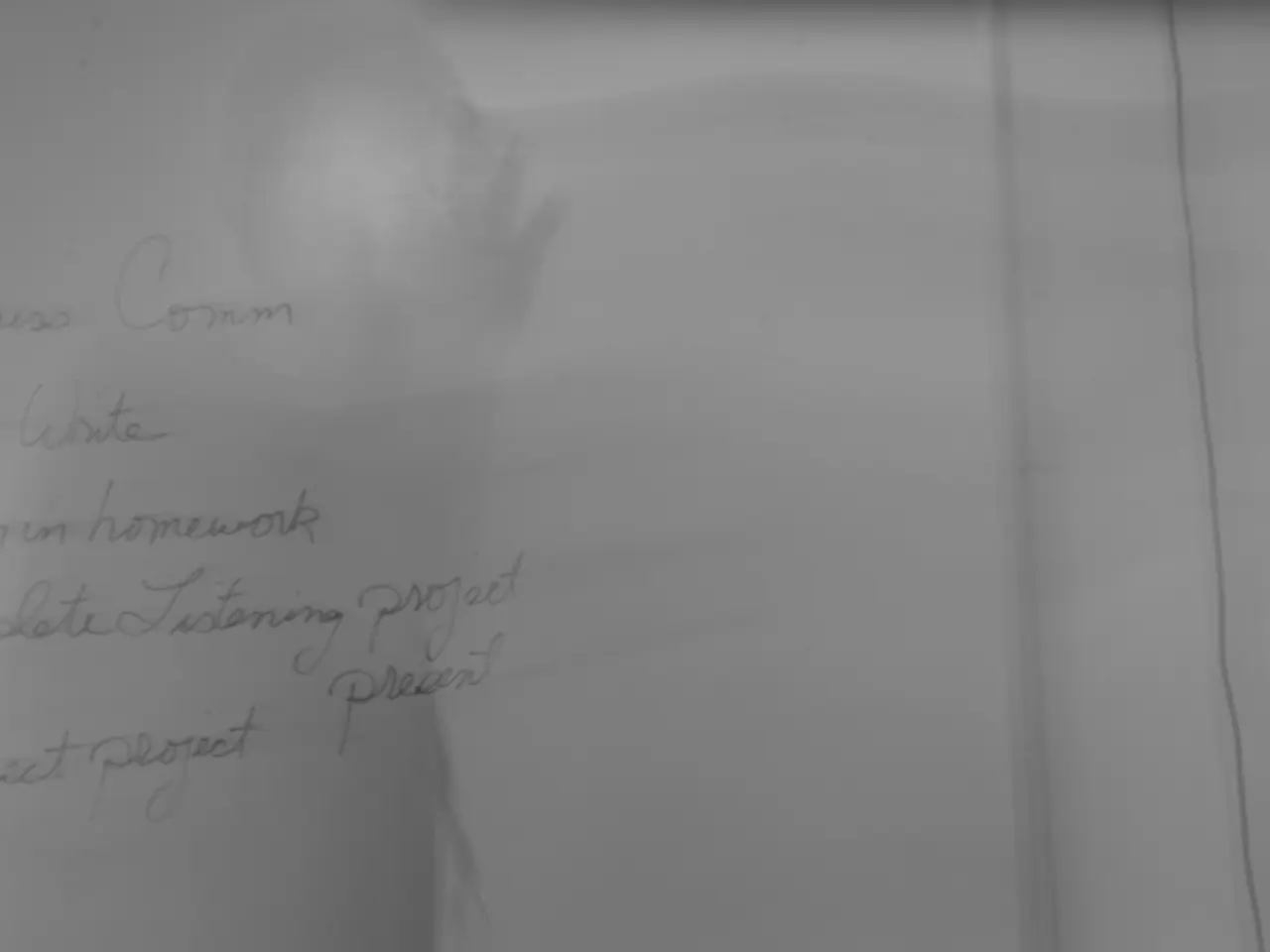Reminder Notice on Subject-Matter Eligibility (SME) from USPTO, beneficial for innovations in computer technology and software development
News Article: Kim Memo Offers Guidance for AI, Software, and Embedded Software Patent Applications
A new memorandum, known as the Kim Memo, issued by Commissioner Kim on August 4, 20XX, is offering valuable support to practitioners and applicants dealing with Section 101 rejections, particularly in relation to technological advances embedded in AI and software innovations.
The Kim Memo provides a strategic framework to respond to Section 101 rejections, focusing on clarity in identifying judicial exceptions, emphasizing the technological improvement aspects of claims, and requiring examiners to have a strong evidentiary basis before rejecting claims related to AI, machine learning, and software inventions.
One of the key advantages of the Kim Memo is its clarification of the Step 2A Prong One analysis under the Alice/Mayo framework. It emphasizes the difference between claims that recite a judicial exception (which may be subject to rejection) versus those that merely involve it (which may be eligible). For instance, the memo clarifies that certain AI training steps, such as “training the neural network in a first stage using the first training set,” do not recite a judicial exception, thus supporting eligibility.
The Kim Memo also underscores the need to evaluate claims as a whole under Step 2A Prong Two, including assessing whether claims improve technology rather than merely applying an abstract idea through generic computing. This assists in framing and drafting claims to highlight technological improvements and avoids pitfalls that lead to eligibility rejections.
The memo reinforces that rejections should only be made with substantial evidence, consistent with the preponderance of evidence standard, so mere examiner uncertainty should not trigger a rejection. This gives applicants stronger footing to argue against tenuous or premature eligibility rejections, particularly for complex software and AI-related inventions.
Moreover, the Kim Memo bridges earlier and more recent USPTO subject matter eligibility examples, ensuring examiners and practitioners use a consistent and current interpretation of how judicial exceptions apply, specifically in AI and machine learning contexts.
For practitioners, the memo suggests close collaboration with patent counsel to ensure claims and specifications are drafted in a way that aligns with this clarified guidance, making it easier to overcome Section 101 rejections by demonstrating how claims fit within eligible subject matter parameters outlined by USPTO practices.
In summary, the Kim Memo offers a comprehensive framework to strategically respond to Section 101 rejections, helping practitioners integrate the guidance into their drafting and prosecution strategies to more persuasively demonstrate that their claims satisfy each stage of the Alice/USPTO subject matter eligibility framework. It is particularly relevant for machine learning operations involving complex computations and is a valuable advocacy support for applicants seeking to establish patent-eligible subject matter for their claims related to AI, machine learning, software, or embedded software.
The Kim Memo offers valuable support for applicants dealing with Section 101 rejections, particularly in relation to AI, machine learning, and software innovations, by emphasizing the technological improvement aspects of claims and focusing on clarity in identifying judicial exceptions (Artificial-Intelligence).
The strategic framework provided by the Kim Memo assists in framing and drafting claims to highlight technological improvements, helping applicants avoid eligibility rejections for complex software and AI-related inventions (Artificial-Intelligence).




